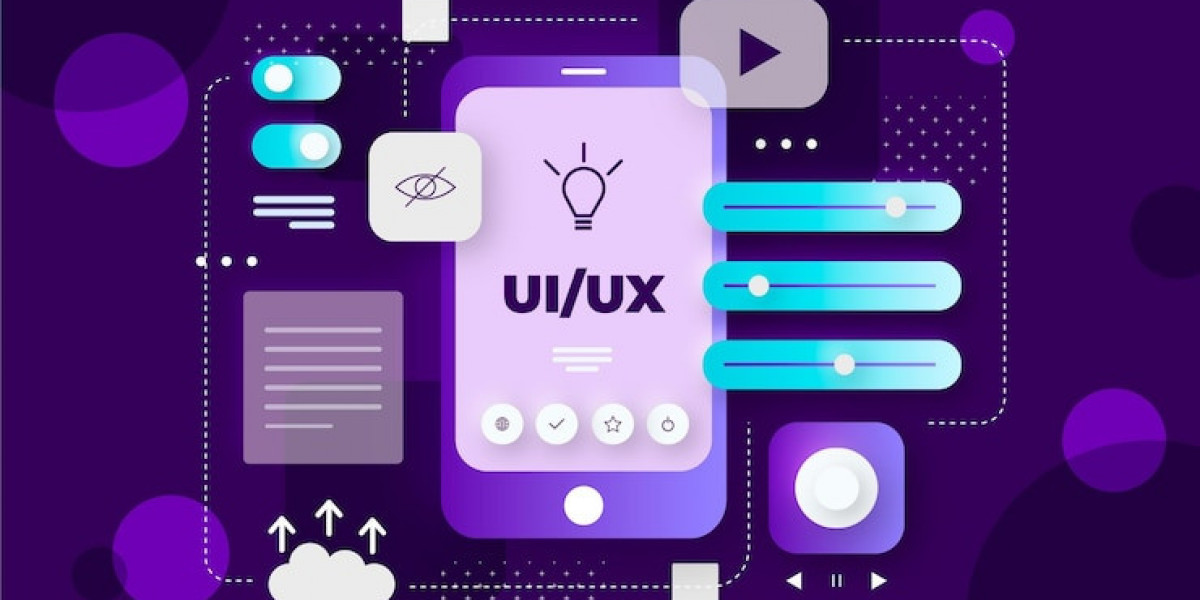Quantum computing is rapidly transforming the landscape of technology, offering unprecedented computational power for solving complex problems that are beyond the reach of classical computers. As this field continues to evolve, quantum app development is gaining traction across industries, from pharmaceuticals to finance to artificial intelligence. However, developing quantum applications requires specialized tools and platforms tailored to this cutting-edge technology. In this blog, we’ll explore seven essential tools for quantum app development that can help you get started and navigate the world of quantum computing.
Quantum Development Kits
What is a Quantum Development Kit?
Quantum Development Kits (QDKs) are software frameworks that enable developers to write, test, and run quantum programs. These kits often include a range of tools for simulating quantum algorithms, interfacing with quantum hardware, and debugging quantum code. Major tech companies like Microsoft, IBM, and Google offer their QDKs, each tailored to their respective quantum computing platforms.
Benefits of Using a QDK
Quantum Development Kits streamline the process of building quantum applications by offering pre-built libraries, debugging tools, and simulators. They are a great starting point for both beginner and advanced developers as they simplify the coding process and enable easy interaction with quantum processors. For instance, Microsoft's Quantum Development Kit includes Q#, a high-level programming language for quantum computing, alongside extensive documentation and tutorials to guide developers through the learning curve.
Qiskit by IBM
What is Qiskit?
Qiskit is an open-source quantum computing framework developed by IBM, providing a suite of tools for building and executing quantum programs. It allows users to write quantum algorithms in Python and provides access to quantum simulators and real quantum processors. Qiskit supports the full quantum workflow, including algorithm design, simulation, execution, and analysis.
Benefits of Using Qiskit
Qiskit is one of the most widely adopted tools in the quantum computing community, supported by a large and active open-source community. It enables developers to create quantum algorithms with ease, test them using simulators, and deploy them to real quantum hardware. Qiskit’s Python-based interface makes it accessible to developers who are already familiar with Python, lowering the barrier to entry for newcomers.
Cirq by Google
What is Cirq?
Cirq is an open-source quantum computing framework developed by Google, designed specifically for developing and simulating quantum circuits. Cirq supports quantum circuits for noisy intermediate-scale quantum (NISQ) devices and allows developers to define, simulate, and optimize quantum algorithms in Python. It is particularly useful for developers working on quantum circuits that are suited for Google's quantum computing hardware.
Benefits of Using Cirq
Cirq is highly flexible, offering the ability to define custom quantum gates and operations. It is well-suited for developers working on near-term quantum applications that don’t yet require large-scale quantum computers. Additionally, Cirq integrates seamlessly with Google’s quantum processors, such as those available through Google’s Quantum AI lab, allowing developers to test their algorithms on real quantum hardware.
Microsoft Quantum Development Kit
What is the Microsoft Quantum Development Kit?
Microsoft's Quantum Development Kit (QDK) provides tools for developing quantum applications on Microsoft's Quantum computing platform. The kit includes Q#, a programming language developed specifically for quantum computing, as well as simulators and libraries for developing quantum algorithms. The QDK is designed to work seamlessly with Microsoft’s Azure Quantum platform, which provides access to a range of quantum processors and simulators.
Benefits of Using the Microsoft Quantum Development Kit
The Microsoft Quantum Development Kit is an excellent choice for developers who want to work within the Microsoft ecosystem. Q# provides a high-level syntax for quantum programming, making it easy to develop and test quantum applications. The kit also integrates well with Azure Quantum, enabling developers to run quantum algorithms on both simulators and real quantum hardware.
PennyLane by Xanadu
What is PennyLane?
PennyLane is a quantum machine learning library developed by Xanadu, designed to work with quantum hardware and simulators. It focuses on the intersection of quantum computing and machine learning, enabling the development of quantum-enhanced machine learning models. PennyLane supports quantum circuits in both Python and other machine-learning frameworks, such as TensorFlow and PyTorch.
Benefits of Using PennyLane
PennyLane provides a seamless interface between quantum computing and machine learning, enabling developers to build quantum-enhanced models with ease. It is compatible with a variety of quantum devices and simulators, including those from IBM, Microsoft, and Xanadu itself. This makes it a versatile tool for quantum machine-learning applications. Additionally, PennyLane provides automatic differentiation, allowing developers to optimize quantum circuits for machine learning tasks.
Forest by Rigetti Computing
What is a Forest?
Forest is a quantum computing platform developed by Rigetti Computing, offering a suite of tools for quantum programming. It includes Quil (Quantum Instruction Language), a low-level programming language for quantum computation, as well as the Forest QVM (Quantum Virtual Machine) for simulating quantum algorithms. Rigetti also provides access to its quantum processors via the cloud, enabling developers to run algorithms on real quantum hardware.
Benefits of Using Forest
Forest’s unique approach lies in its focus on hybrid quantum-classical algorithms, which combine the strengths of classical computing with quantum computing. This makes it particularly well-suited for developers working on problems that require both types of computation. Rigetti’s cloud platform also makes it easy to access and run quantum algorithms on real quantum processors, while the QVM provides an efficient simulation environment for testing quantum applications.
Quantum Computing SDKs for Cloud Platforms
What Are Quantum SDKs for Cloud Platforms?
Quantum computing SDKs provided by cloud platforms like Amazon Bracket, Microsoft Azure Quantum, and IBM Quantum offer the infrastructure needed to develop and run quantum applications without requiring access to local quantum hardware. These SDKs provide cloud-based access to quantum simulators, as well as the ability to execute algorithms on real quantum processors, all integrated with the cloud’s computational power.
Benefits of Using Quantum SDKs for Cloud Platforms
Cloud-based quantum SDKs offer scalability, flexibility, and access to cutting-edge quantum hardware. Developers can access simulators for testing algorithms and use real quantum processors for more complex tasks. These SDKs simplify the development process by providing robust infrastructure and support, removing the need for developers to manage physical quantum hardware themselves. Additionally, the cloud model allows developers to scale their operations as quantum computing hardware continues to evolve.
Conclusion
Quantum app development is rapidly evolving, with powerful tools like Qiskit, Cirq, and Microsoft’s Quantum Development Kit enabling developers to build quantum algorithms and applications. For an on-demand app development company, these tools offer exciting opportunities to integrate quantum computing into their services.









